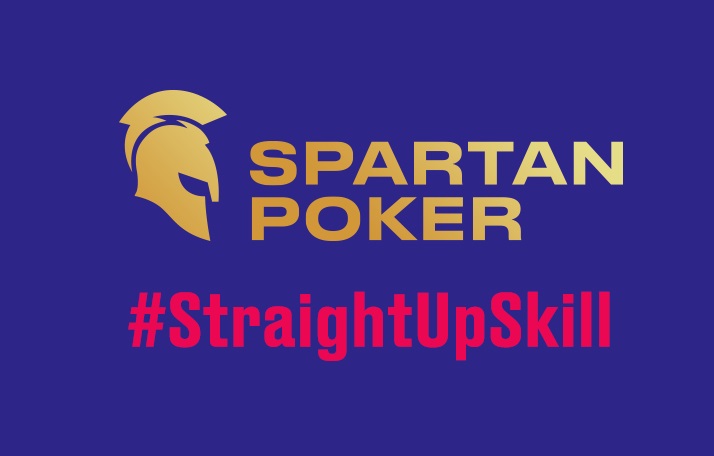Spartan Poker is joining the fight for nationwide regulation of poker in India by changing its branding to help promote the game’s skill component.

The online poker site, which also operates the Quadnet Network, enlisted Blink Digital to revamp its image. The brief was simple: reflect the idea that “skill” is the “ultimate equalizer in poker.”
Spartan Poker products now bear a new-look logo, complete with gold lettering and the slogan Straight Up Skill.
Spartan Pushes Skill Over Luck
Spartan’s founder and managing director, Amin Rozani, said the rebranding will convey the company’s “continuing evolution” and underlying philosophy.
Head of marketing, Anuj Barasia, added that the new identity reflects Spartan’s aim to become India’s leading “responsible poker platform.”
Rebranding may be par for the course in business, but Spartan’s efforts have a deeper significance. Although online poker is legal in parts of India, the system as a whole is fractured, much like the United States.
Under federal law, games of chance are illegal. In 2016, the Supreme Court of India ruled that games based on a “preponderance of skill” are not. The ruling was made during a legal case brought forward by the Mahalakshmi Cultural Association.
The rummy club, backed by a handful of online sites, took legal action against shutdowns carried out by local police officers. The Madras High Court ruled against the club, but the decision was overturned by the Supreme Court.
“The remarks of the division bench of the Madras High Court, that playing rummy for stakes amounts to the offence of gambling, have no precedential value and would not apply to either online or offline rummy,” reads the ruling.
This decision gave states the right to regulate games of skill such as rummy and, subsequently, poker. Nagaland was the first state to create a licensing framework, and Khelo365.com became the first legal online poker site in India.
India’s Poker Landscape Still Fractured
The number of licensed poker sites has increased dramatically since 2016, but the industry is far from stable. States such as Gujarat still classify poker as a game of luck and, therefore, deem it illegal.
A legal battle between local law enforcement and the Indian Poker Association has been running since 2017. Gujarat High Court judges have postponed multiple hearings, with the most recent delay coming in March 2020.
It’s this culture of uncertainty and contradictions that Spartan’s rebranding is designed to combat. By promoting itself and, therefore poker, as a skill game, Spartan is aiming to change the public’s perception. This ties in with previous efforts by PokerStars India, the Poker Sports League, and the Indian Poker Association.
The luck vs. skill debate is one that’s defined poker for decades. In India, where the game’s legality hinges on this distinction, it’s more than a theoretical debate. Spartan Poker is leading the latest charge, not just for its own interests, but for the interests of players across India.


